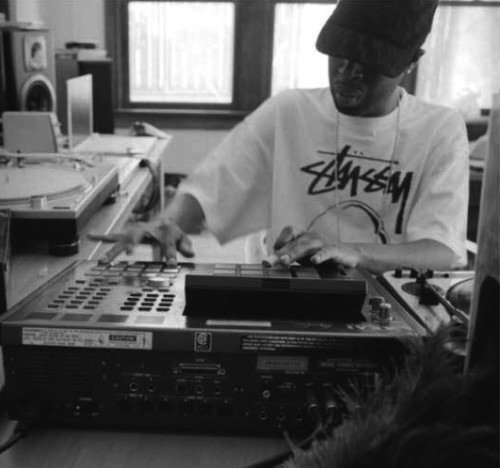Many rap artists download free hip hop beats. Trinidad James said that his hit song was made by using one he got without paying. But this can cause you a heap of trouble in the future if you haven’t taken proper precautions. I touched on a similar topic in an earlier article. Here are 3 things you want to put on your checklist
1. Don’t make assumptions
If you didn’t get the instrumental directly from the music producer’s website or from the producer himself, that beat is not free for you to use.
2. Free doesn’t always mean free
If the instrumental comes from a website, read the policy or terms of agreement. The creator or beatmaker is always the default copyright owner of it. Just because you didn’t have to pay an upfront fee, doesn’t mean you can take it, sell a million units, and never have to pay the producer or beat maker any royalties. Make sure that the terms between you and the beat maker are crystal clear. Folk despise legal paperwork, but most wish they had it after they’re being dragged into a courtroom.
3. Beatmaker’s credit
We’re in an era where CDs are now disappearing. Those CDs used to come with a booklet listing the studio where the song was recorded, the engineer’s name, the producer, and even the musicians that played on the song. Those people would get more work because of those visible credits. Now that everything is either digital or streaming, artists usually only slapped their name on the song or YouTube video. The other people get no shine at all. So if you get free hip hop beats from a producer, the least you can do is give that person some visible credit in the title or wherever you have the song posted. Sometimes all they want is the acknowledgement.
Here are some terms you need to familiarize yourself with…
Royalty Free Hip Hop Beats
It means exactly how it’s stated, you pay no royalties. Music royalties are the method of payment for composers and/or performers for a particular recording . When a song is broadcasted on radio, television, or when music is sold, the writers of those songs collect a payment. This payment is called royalties. ASCAP, BMI, and Soundexchange are performance rights organizations that collect and distribute the royalties to those who created the music. The lyric writer (rapper) and the beatmaker are considered part owners of the complete musical composition. When you purchase or download hip hop beats and they are royalty free, it means that you are not obligated to pay the composer of the instrumental any residuals or monetary percentages from sales or broadcasting you will earn using the music.
Be aware that using royalty free music or instrumentals usually means that there are probably lot of other rappers using those beats as well. You may run into problems if you don’t disclose this when doing business with a third party that wants to use the song. You can avoid this by getting custom or exclusive beats which I will address later.
Exclusives
Exclusive hip hop beats are those that the producer agrees to only let you use. Meaning that no other rapper will be able to put lyrics to them. This is usually more costly to the rapper purchasing them. Producers, for a price, sometimes agree to release all rights to the music after purchasing. After payment, these too in some cases are royalty free. Exclusive rights sometimes gives you the right to do whatever you want with the music. You become the sole owner. But make sure that these issues are clear because some producers may sell you exclusivity, and still want writer’s royalties or publishing percentages of their work. Another reason to make sure you get any agreement you make in a contract.
When purchasing exclusive beats from producers, customers should get the master files of the instrumental they purchased. This means that the studio file with all of the individual parts should be, in some way, delivered to the purchaser so that he or she can take that music into the studio, arrange, and mix the music anyway they want.
In conclusion, make sure you have clarity and all of your business together when getting free instrumentals. You’ll be glad you did.

